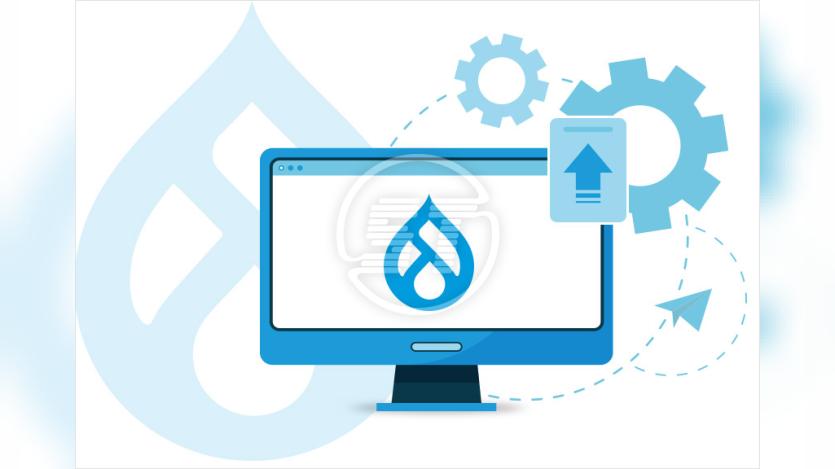Managing End-of-Life Transitions for Digital Commerce Platforms
Drupal Partners, a leading provider of Drupal solutions, has recently published an informative blog post addressing the crucial question of what happens when a Drupal platform reaches its end-of-life phase. Titled "What comes after a Drupal platform reaches its end-of-life phase?" the article delves into the implications of end-of-life on digital commerce ecosystems, emphasizing the organizational and financial impacts that may arise.
In the software world, it is common for various applications and platforms to eventually reach their end-of-life (EOL) stage. This occurs when vendors and creators cease producing, maintaining, and promoting a particular software solution. EOL announcements typically occur due to forthcoming version releases or strategic decisions made within the company to replace the platform with an alternative.
The blog highlights the potential vulnerabilities that can arise from using outdated software. Areas such as website functionality, marketing solutions, payment processing capabilities, inventory tracking methods, and order fulfillment platforms may be affected, emphasizing the importance of staying proactive in managing EOL transitions.
When considering a transition to a new platform, ensuring seamless integration and automation capabilities becomes paramount. The article advises organizations not to be deterred by the initial challenges associated with platform switching, as the long-term benefits of enhancing customer journeys and streamlining workflows outweigh the temporary strains.
For those specifically using Drupal, migrating to Drupal 9 is highlighted as the recommended path to keep websites secure and up-to-date with current web standards. Drupal 9 offers numerous advantages over its predecessors, providing a solid foundation for future growth and innovation. The core Migrate module enables a direct migration from Drupal 7 to Drupal 9, and the process is now also available for those upgrading from earlier versions of Drupal 8.
For more insights and recommendations on managing end-of-life transitions for Drupal platforms and other valuable information related to digital commerce, readers are encouraged to visit Drupal Partners' blog.
Note: The vision of this web portal is to help promote news and stories around the Drupal community and promote and celebrate the people and organizations in the community. We strive to create and distribute our content based on these content policy. If you see any omission/variation on this please let us know in the comments below and we will try to address the issue as best we can.


















